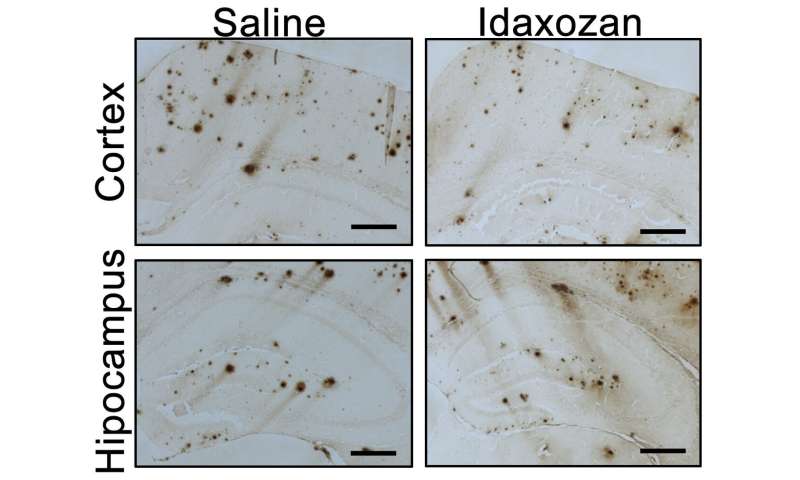
In preclinical experiments, University of Alabama at Birmingham researchers have revealed a key missing piece of the Alzheimer’s disease puzzle. That allowed proof-of-concept experiments—using an existing drug—that dramatically reduced Alzheimer’s pathology and symptoms in two mouse models, potentially offering an immediate treatment for this devastating disease.
The research was published today in the journal Science Translational Medicine. It included human brain tissue…


























